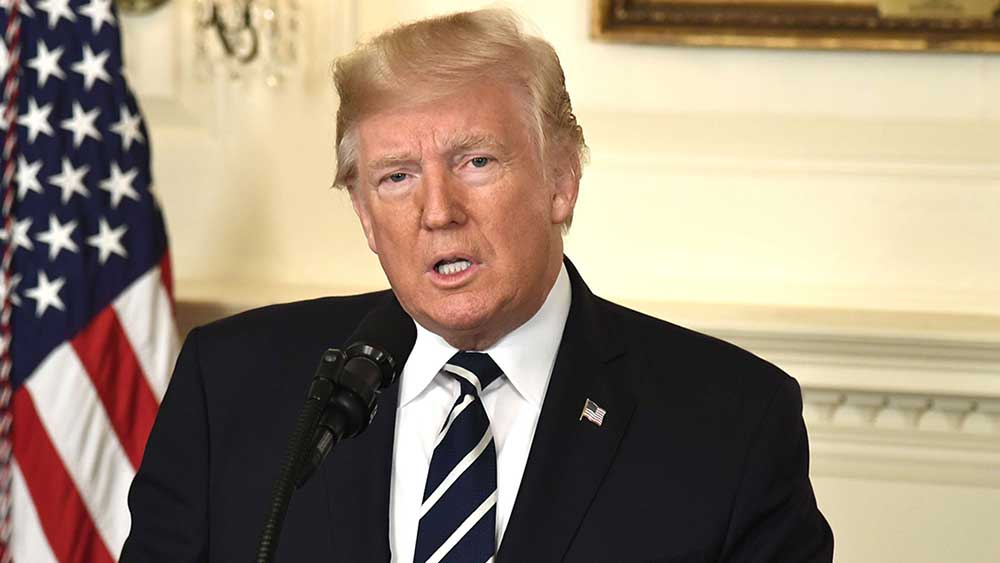Republicans have a big corporate tax-cut math problem on their hands that looks unsolvable.
XThe GOP tax framework released last week aims to squeeze more than $2.6 trillion in business tax cuts over the next decade into a $1.5 trillion hole, according to a Goldman Sachs analysis.
Even if the Republican tax bill writers can cut the cost of those business tax cuts in half, phasing them in gradually and finding more offsetting revenue raisers, that would leave little room for individual tax cuts and a big political problem.
"Passing a large corporate tax cut while leaving individual taxes roughly unchanged on the whole would be difficult to sustain politically," Goldman Sachs economist Alec Phillips wrote on Tuesday. "With the fiscal math as it is, it will be very difficult to achieve a corporate rate of 20% over the next ten years."
Advertisement
Beyond 10 years, the 20% corporate rate looks even more far-fetched, threatening to undermine the whole point of corporate tax reform. House Speaker Paul Ryan has said permanent corporate tax rate reductions are essential to facilitate multibillion-dollar investment decisions. Economists from the conservative Tax Foundation and pro-market American Enterprise Institute warn that temporary corporate tax cuts could yield a smaller near-term boost, then act as a drag on growth, leaving a legacy of more debt and little else.
To utilize the Senate's filibuster-proof reconciliation process, the GOP plan can't add to deficits beyond the first decade, yet cutting the corporate rate to 20% will alone cost $3 trillion in the second decade, according to an analysis by the Tax Policy Center. As of now, the GOP has only spelled out about $300 billion in savings from repealing business tax breaks.
The implication is that a permanent 20% tax rate would have to be paid for, in part, with individual tax hikes in the second decade, an idea that would likely spark a backlash.
IBD'S TAKE: Try out premium IBD features for free through Oct. 8. Popular offerings include exclusive stock lists; IBD Stock Checkup, which ranks the leaders in 197 industry groups based on earnings, sales, margins and stock performance; and The Big Picture, a daily update of the underlying market trend. On Aug. 22, IBD shifted its market-trend gauge to "confirmed uptrend" from "uptrend under pressure," the equivalent of a flashing yellow light turning green.
Republicans are unlikely to even get within shouting distance of a permanent corporate tax rate close to 20% unless they phase out the deduction of interest payments on new corporate borrowing.
For perspective, the House GOP tax plan released in 2016 sought to achieve a permanent 20% rate by eliminating the interest deduction, raising $1.2 trillion in revenue over 10 years, and also applying a 20% tax on imports — the so-called border-adjustment tax that Republicans dropped after a fierce lobbying campaign from retailers like Wal-Mart (WMT). The border adjustment tax would have raised an additional $1.1 trillion.

That interest deduction is an especially big one for utilities and telecommunications firms like Verizon (VZ), which has more than $100 billion in debt. It's also important to private equity firms such as Blackstone Group (BX) that use debt to finance acquisitions and to real estate developers.
President Trump, who has referred to himself as "the king of debt," doesn't seem to be a fan, and Treasury Secretary Steven Mnuchin said earlier this year that he hoped to preserve the interest deduction.
While the unified framework put together by the Trump Administration and GOP leaders in Congress does state that the deduction will be "partially limited" for corporate borrowers, Goldman Sachs is skeptical, predicting "no substantial changes" to the deduction.
If anything, the tax-cut math is getting worse, as some leading Republicans in Congress have wavered about eliminating the deduction for state and local income taxes, which would raise $1.3 trillion over the first decade.
Further, Kentucky Sen. Rand Paul raised alarm about the Tax Policy Analysis showing that 30% of middle-class taxpayers would face a tax increase by 2027 under the GOP plan, which will pressure lawmakers to come up something more broadly attractive.
Trump's Tax Cut Plan Is Still Unbelievably Huge
Bank Of America Leads 5 Banks Hitting Buys As GOP Tax Plan Boosts Yields
McCain Killed ObamaCare Repeal, Wounded Tax Reform In One Blow
These Are The Biggest Losers From Trump's Tax Reform
Stocks To Buy And Watch: Top IPOs, Big And Small Caps, Growth Stocks